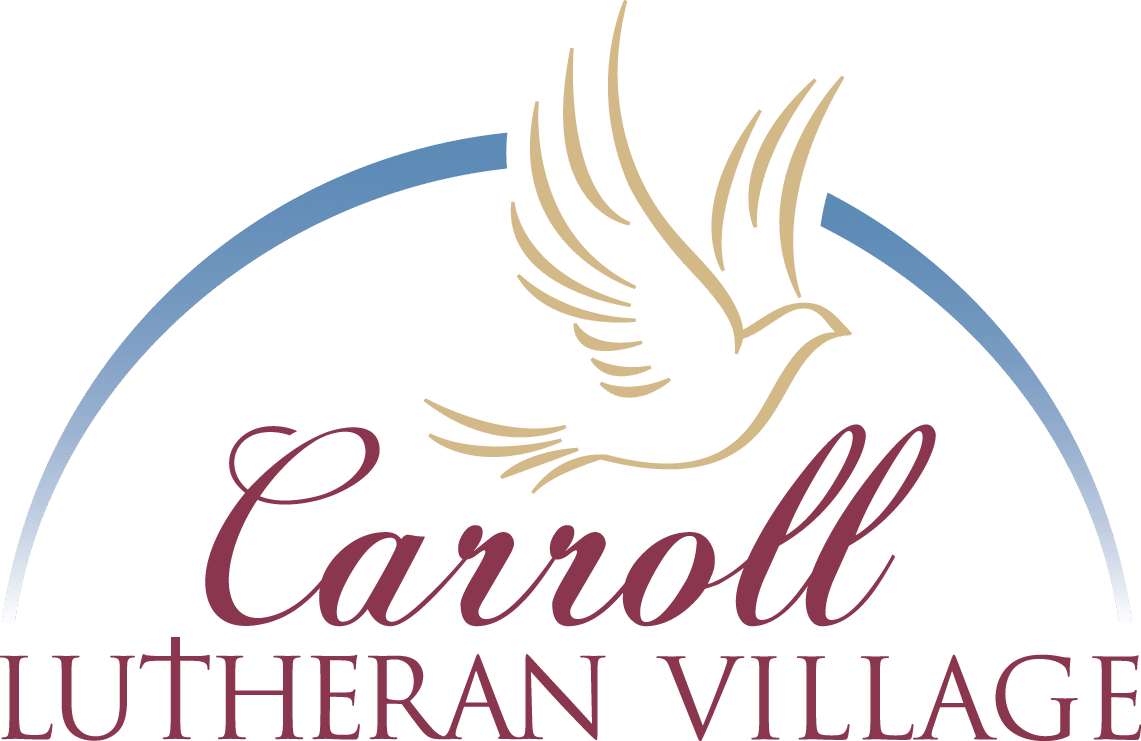This final article of my three-part series, Understanding Rehabilitation Care, focuses on speech therapy.
Imagine if you couldn’t express your needs and connect with others or eat food and drink beverages. Now imagine treatments that could help improve those conditions. Those treatments are known as speech therapy.
About Speech Therapy
Speech therapy, also known as speech-language therapy, treatment helps improve:
- Speaking – using the voice properly and using the muscles to make the right sounds
- Language – understanding language, expressing thoughts and responding in social situations
- Swallowing – retraining muscles to learn to swallow again, which can be affected by a stroke, brain injury, Parkinson’s disease and oral cancer.
Exercises may involve:
- Cognitive communication activities such as problem solving, memory recall and organization
- Conversational tactics that improve social communication
- Breathing exercises for resonance
- Oral muscle strengthening exercises
Speech therapy typically begins with an assessment by a speech language pathologist to identify the condition(s) and create a treatment plan. Carroll Lutheran Village’s speech language pathologists always conducts an assessment before treatment starts.
About Speech Language Pathologists
Their Role
Speech-language pathologists work to prevent, assess, diagnose and treat speech, language, social communication, cognitive-communication and swallowing disorders including:
- Speech sounds —pronouncing sounds and putting words together
- Language —understanding what is heard or read and expressing thoughts
- Literacy—reading, spelling and writing, which is typically difficult for people who have speech and language disorders
- Social communication —following rules (e.g. taking turns), talking to unfamiliar people, picking up on social cues (e.g. how close to stand to someone when talking)
- Voice—hearing how one’s voice sounds (i.e. hoarse, easily lost, too loud, nasally or unable to make sounds)
- Fluency — stuttering speech pattern that repeats sounds like t-t-t-table, use “um” or “uh,” or pausing a lot when talking
- Cognitive-communication—having trouble with memory, attention, problem solving, organization and other thinking skills
- Feeding and swallowing — sucking, chewing and swallowing food and liquid, which may be a cause of poor nutrition, weight loss and health conditions
Work Location
Speech language pathologists work in research, education and health care settings with varying roles, levels of responsibility and client populations. In many settings, speech-language pathologists often work as part of a collaborative, interdisciplinary team, which may include teachers, physicians, audiologists, psychologists, social workers, dieticians, physical and occupational therapists and rehabilitation counselors.
At CLV, our speech language pathologists work in our Health Care Center and are part of CLV’s Rehabilitation team so they have access to other care teams. In addition to caring for our residents, they also provide care to residents in Carroll County and surrounding counties (e.g. Baltimore, Frederick and Howard counties).
Education and Licensure
Speech language pathologist in the U.S. have earned a graduate degree in speech-language pathology, accredited by the Council on Academic Accreditation in Audiology and Speech-Language Pathology, and passed a national exam.
Take Away
Speech therapy patients experience a greater ability to perform daily living activities; relearn how to swallow, as a result of a brain injury, stroke or other health condition; more confidence and success at work; an understanding of other communication methods and greater awareness of vocal cord overuse. Patients are assessed, diagnosed and treated by licensed speech language pathologists.
Learn more about CLV’s Rehabilitation services and specialties including occupational therapy and physical therapy. If you have any questions about our services, call 443-605-4137.
About the Author
Michael Winebrenner is the director of rehabilitation at Carroll Lutheran Village. He has his doctorate in physical therapy and has worked in the field for over 20 years.

